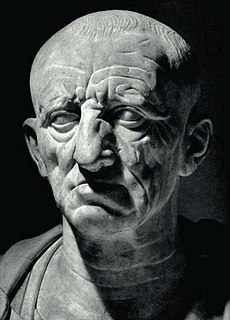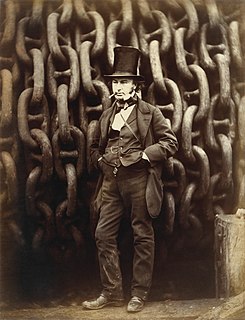A Quote by Francois de La Rochefoucauld
There is no accident so unfortunate but wise men will make some advantage of it, nor any so entirely fortunate but fools may turn it to their own prejudice.
Related Quotes
O prejudice, prejudice, prejudice, how many hast thou destroyed! Men who might have been wise have remained fools because they thought they were wise. Many judge what the gospel ought to be, but do not actually enquire as to what it is. They do not come to the Bible to obtain their views of religion, but they open that Book to find texts to suit the opinions which they bring to it. They are not open to the honest force of truth, and therefore are not saved by it.
That is very fine; but it is impossible to make the men perfect; the men will always remain the same as they are now; and no legislation will make a man have more presence of mind, or, I believe, make him more cautious; and besides that, the next time such an accident occurs, the circumstances will be so different, that the instructions given to the men, in consequence of the former accident, will not apply.
The prejudice of unfounded belief often degenerates into the prejudice of custom, and becomes at last rank hypocrisy. When men, from custom or fashion or any worldly motive, profess or pretend to believe what they do not believe, nor can give any reason for believing, they unship the helm of their morality, and being no longer honest to their own minds they feel no moral difficulty in being unjust to others.


































